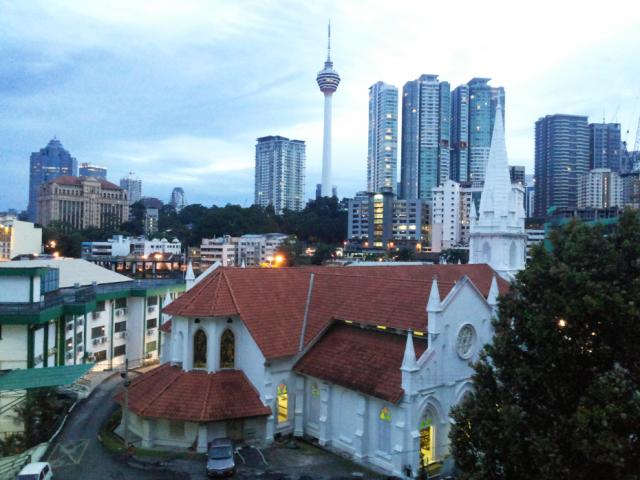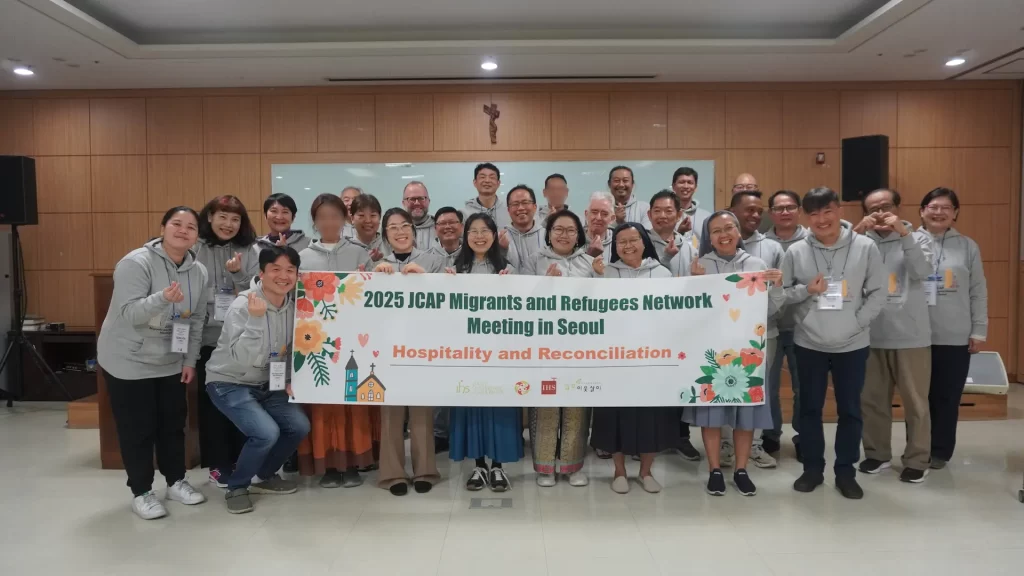
China has been hailed by the world as an economic success story. Three decades of uninterrupted growth has lifted more than 600 million people out of poverty, and although there are still roughly 150 million people living in poverty in the country, China’s economic success is the envy of the developing world.
Lifting people out of poverty is the holy grail of development the world over. Asia Pacific already had several role models in South Korea, Taiwan, Hong Kong and Singapore before China’s success. These Asian tigers successfully followed the recipe of industrialisation for the global market pioneered in the region by Japan. In three decades, they became newly industrialised countries and joined the ranks of advanced nations in the West which took nearly 200 years to be where they are now. Another batch of aspiring tigers – the Philippines, Indonesia, Malaysia and Thailand – fared differently and struggle to cope with their challenges.
The successes of the Asian tigers have been built on the back of a development strategy that focuses on establishing labour intensive industries producing for international markets. This strategy relies on being able to provide foreign companies investing in the country with the cheap and docile labour they need in order to maximise their profits. As competition increases with globalisation, more countries have adopted measures to make production more efficient and cheaper. This is often done at the expense of social protections and people working on the production line end up shouldering the cost of this strategy in the form of job insecurity and worsening working conditions. When personal tragedy strikes or there are shocks in the global economy, they have no cushion to fall back on.
The East Asian economic crisis of 1997 brought the so-called “Asian Miracles” to their knees, bringing into question the sustainability of the development model that had been lauded by the World Bank. Almost overnight, the crisis wiped out the relative prosperity that had been achieved over the past three decades. Then, as the affected nations were returning to the pre-crisis level, another economic crisis took place in 2008, this time originating in the established West. The interconnectedness of the world’s economy makes national economies prone to shocks that take place somewhere else.
Even when there are no economic crises, the hard-earned well-being is constantly under threat from the frequent natural disasters that take place in Asia Pacific. Volcanic eruptions, earthquakes, forest fires, floods and typhoons occur regularly and some of them have become more violent as our climate changes. Some would argue that the devastation caused by most natural disasters is the result of our own short-sightedness and poor planning. This is a question of development which is rarely addressed when the overriding obsession is with growth.

“We judge economic system by what it does for and to people and by how it permits all to participate in it. The economy should serve the people, not the other way around …We have many partial ways to measure and debate the health of our economy: Gross National Product, per capita income, stock market prices, and so forth. The Christian vision of economic life looks beyond them all and asks, does economic life enhance or threaten our life together as a community?” (Economic Justice for All, 1986)
by Fr Benny Juliawan SJ, JCAP Secretary for Social Ministries and Coordinator for Migration
“Economic Justice for All” is a pastoral letter on Catholic social teaching and the United States economy published by the United States Catholic Bishops in 1986.
In August 2016, the Jesuit Conference of Asia Pacific will be convening a multi-sector meeting titled “A call to dialogue on sustainability of life in the ASEAN context” in Yogyakarta, Indonesia. In the run up to this, we are publishing stories on sustainability as it relates to one of the nine participating sectors – Dialogue with Buddhism, Dialogue with Islam, Indigenous Ministry, Social Apostolate, Migration, Reconciliation with Creation, Higher Education, and Basic Education and Formation.
Related stories:
Registration opens for the JCAP conference on sustainability








